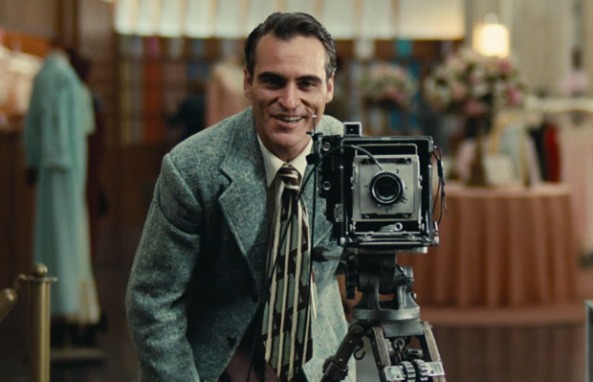Once upon a time, a man named Brian saw a movie. It was about writing and words. And wouldn’t you know? It was called “The Words.” Brian was very excited, as this was the first new movie of the fall.
But for a movie about words, it was not very well written, Brian thought. It had narrators and stories within stories. It had Dennis Quaid narrating as though he were a mother tucking in her child with a bedtime fairy tale. This was not a movie for smart people, Brian realized, but a bad movie without much to say and a cloying way of saying it.
This story was about Rory Jansen (Bradley Cooper). His dream was to be a writer. But he wanted to support his girlfriend Dora (Zoe Saldana), who he loved very much. So they were married. And he wrote.
But Rory couldn’t make it as a writer. He spent years of his life writing his book, but still the rejection letters rolled in. Days passed. The rain fell. Wind rushed through the trees outside. And at long last, Rory Jansen took a day job. But we know Rory and Dora still loved each other, because the camera with a soft blue filter hangs above them as they lie peacefully in bed.
And then, Rory found a book in a suitcase. It was an unpublished manuscript. Maybe it was Ernest Hemingway’s lost first novel, but no. He read it, and he was entranced. Days later, he couldn’t stop thinking about that book. So he typed it up himself.
“He didn’t change a period, a comma or even correct the spelling mistakes. He needed to know what it felt like to touch it, if only for a moment.” When his girlfriend read it and believed it to be his, she asked him to publish it. “Rory Jansen had made his choice.”
He called it, The Window Tears. Yes, The Window Tears. It became the next great American novel. Rory was the toast of the literary world, and his life was good.
And then he met The Old Man. The Old Man (Jeremy Irons) told Rory that it was his novel Rory stole. The Old Man had a story too. It was even more melodramatic than Rory’s. It had love at first sight, a Parisian romance during World War II and even a dead baby. “But the words poured out of him. How could anyone not understand?”
But now we must return to Brian at the start of our story. When he saw “The Words,” he tried not to gag. He thought about writing himself. He would say that Bradley Cooper was a bad actor, and that the movie looked like it had been photographed on Instagram. But try as he might, the words just couldn’t come.
He thought about how the whole movie felt, with the narrator always saying the obvious and reading short, pretty sentences that even a child could understand. It went on and on. So Brian decided to write his own story. And he would use the exact language the movie had used throughout.
And he did. And he lived happily ever after.
1 ½ stars
